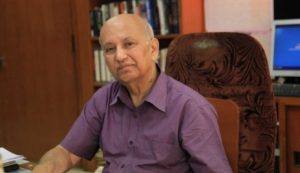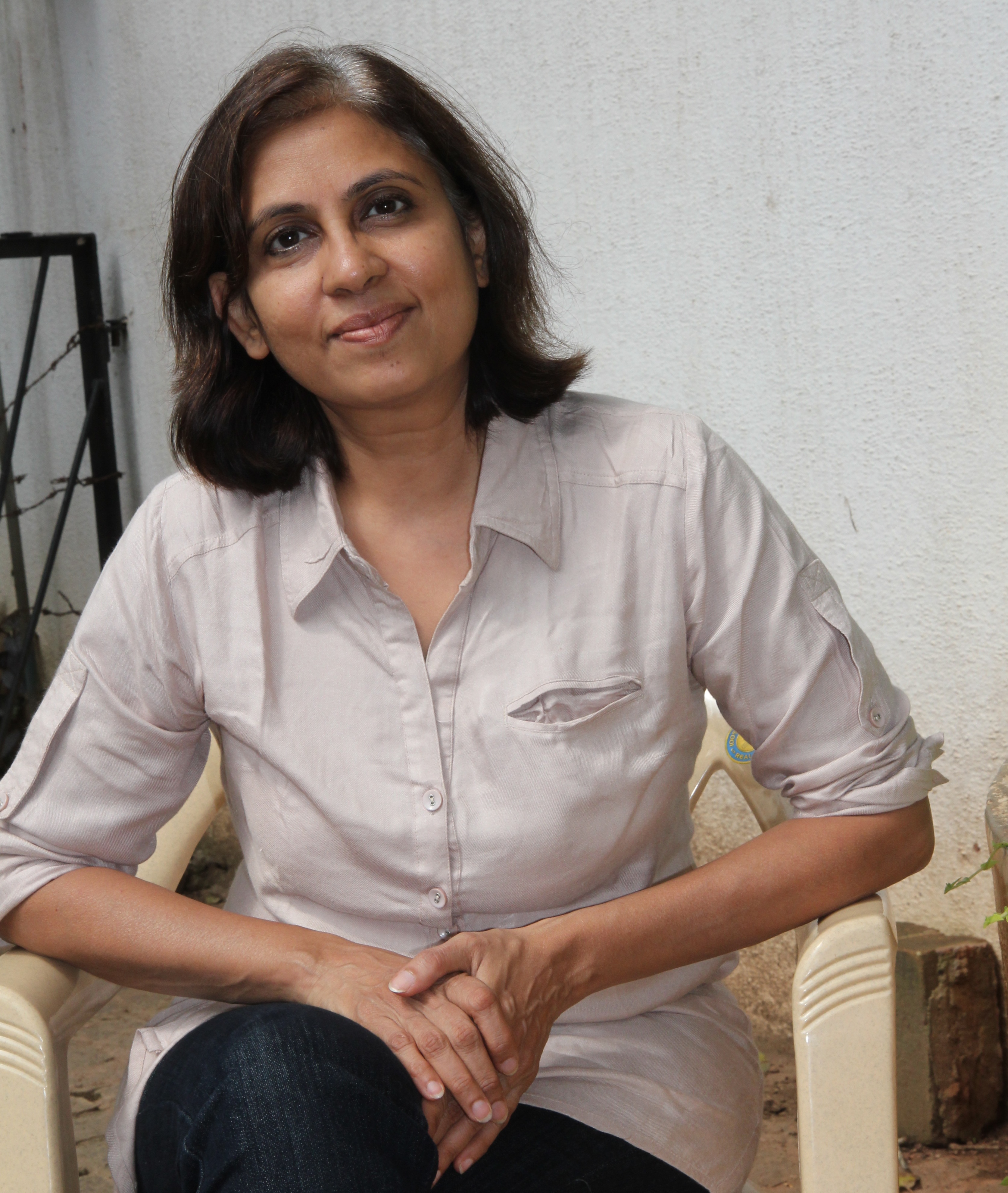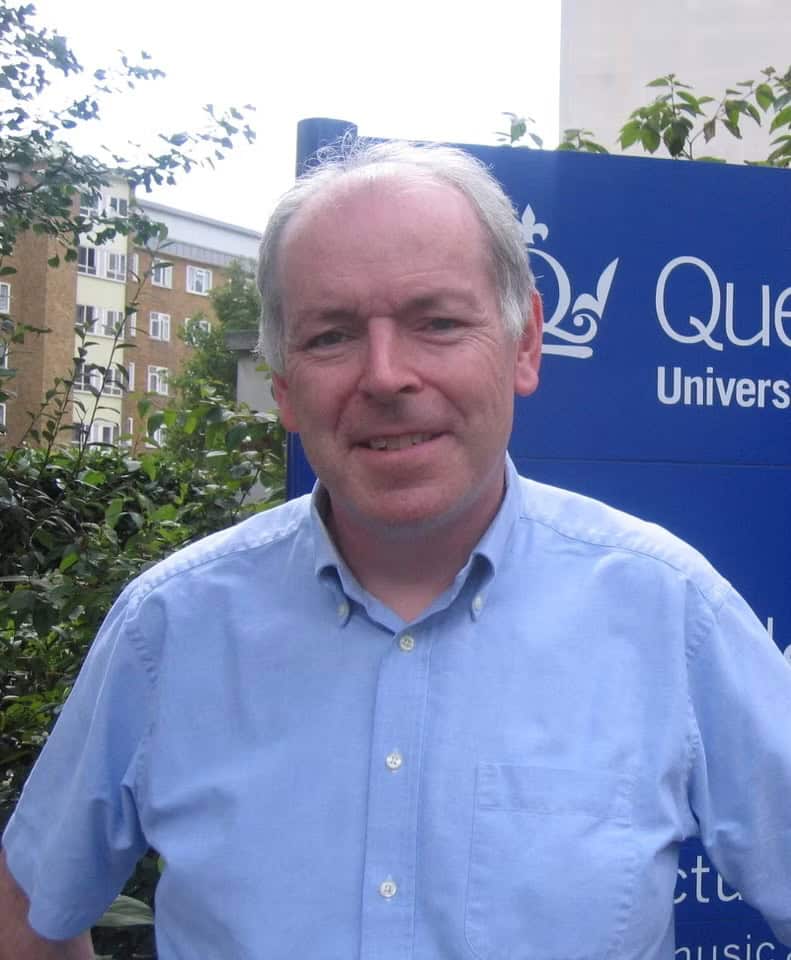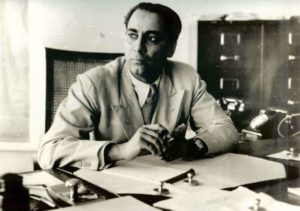
The Indian Space Program was initiated by a brilliant nuclear physicist, Homi Bhabha, who promptly handed it over to Vikram Sarabhai. Bhabha himself pursued the goal of establishing premier scientific institutions for fundamental research in India. At the time, he regarded scientific institutions as critical for the new, emerging independent India.
Whilst working at the Indian Institute of Science in 1945, he proposed the idea of an institution for fundamental research and went on to establish the Tata Institute for Fundamental Research (TIFR), which continues to operate today.
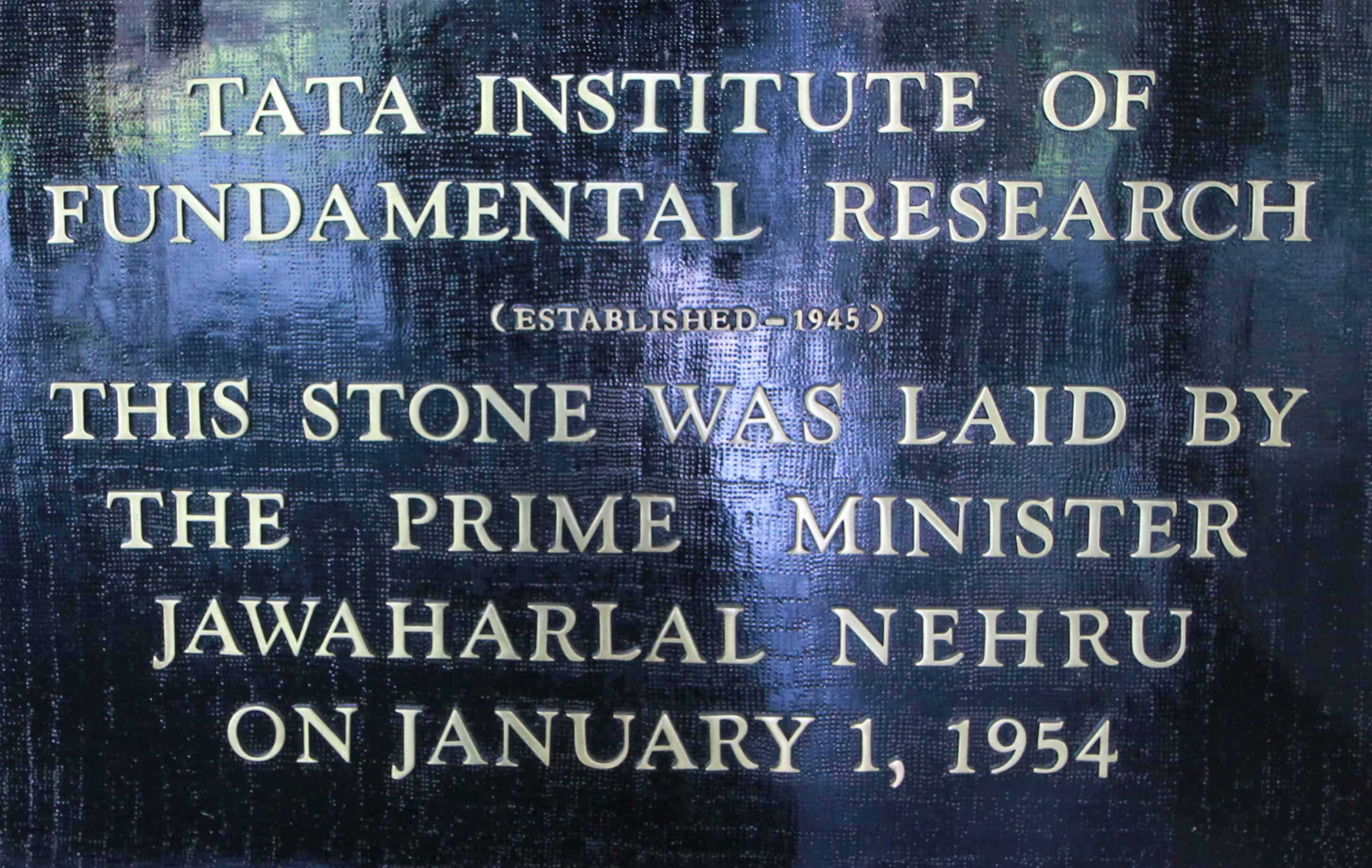
Although separate organisations, the connection between ISRO and TIFR remains strong to this day. Many of the instruments and subsystem onboard ISRO’s satellites are designed and constructed within TIFR. In this episode, the former director of TIFR, Professor Mustansir Barma, discusses Homi Bhabha, his achievements in physics, and the role of TIFR in modern India.
Podcast: Play in new window | Download (Duration: 20:34 — 18.8MB) | Embed
Subscribe: Apple Podcasts | Spotify | RSS | More
